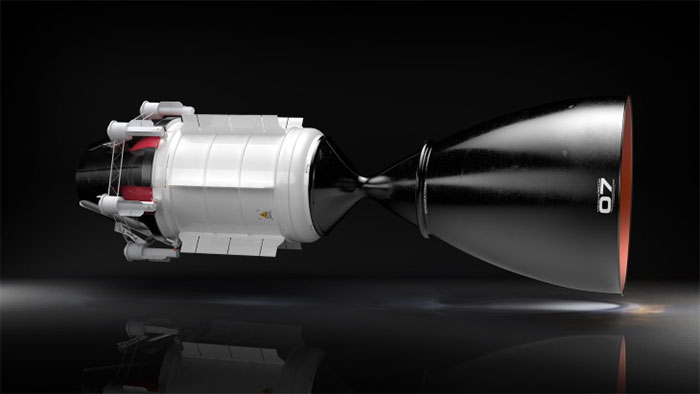A Washington firm is designing nuclear engines that use fission and new fuel to cut flight time to Mars in half.

The Super Safe Nuclear Technology Company (USNC-Tech) says it submitted the design concept to NASA as part of its research into nuclear thermal propulsion (NTP) systems for spaceflight. The NTP system derives its energy from nuclear fission. These systems work by pumping fuel which pushes the liquid through the core of a nuclear reactor, where atomic separation and heat are produced.
The above process heats the propellant, turning it into a gas that creates the thrust. The NTP system provides more energy and is more efficient than conventional chemical rockets. Engineers use a method called “private momentum” to evaluate the performance of different propulsion systems. Specific momentum is the amount of propulsion that the design can generate from a particular amount of thruster. The higher the level of thrust, the better the system will perform. According to Michael Eades, engineer at USNC-Tech, the company’s new design is more reliable than previous NTP models and has “a specific momentum that is twice as large as a chemical system.”
The NTP system promises to dramatically reduce space travel time and carry more cargo than today’s most advanced chemical rockets, although it is not designed to put rockets into orbit, but only for future use. during launch. For example, the system could cut the flight time to Mars by more than half, from around 7 months today to 3 months.
USNC-Tech says the new design incorporates many features of a ground-based nuclear reactor. For example, the nuclear fuel designed to be used to operate the reactor is called Fully Ceramic Microencapsulated (FCM). This fuel is based on reprocessing materials from civilian nuclear reactors, which can operate at higher temperatures than traditional nuclear fuel, which increases safety.


